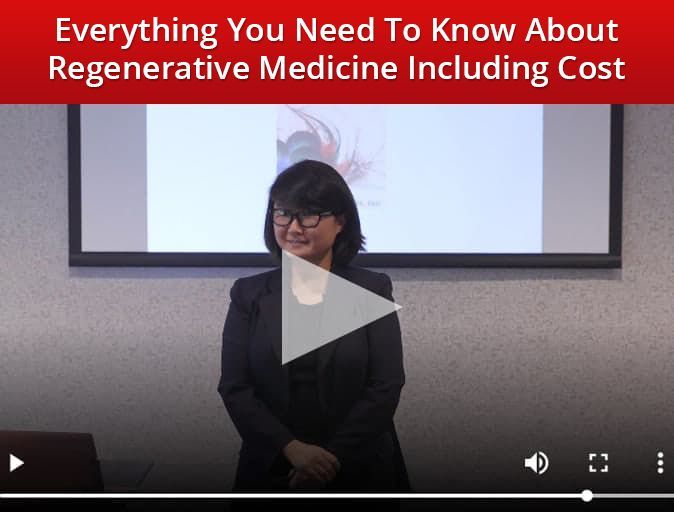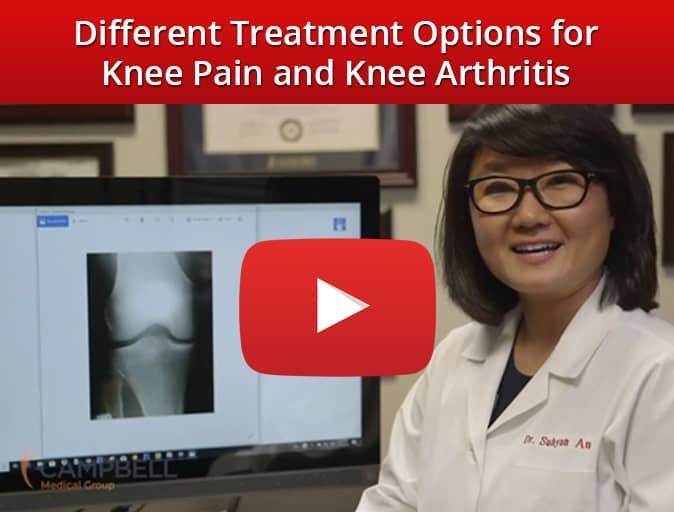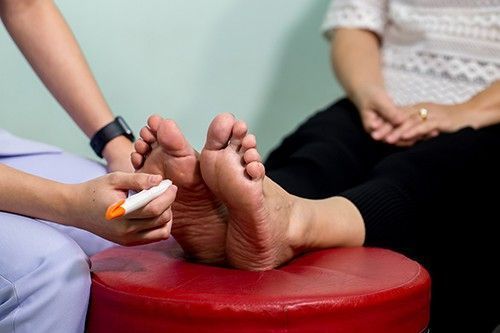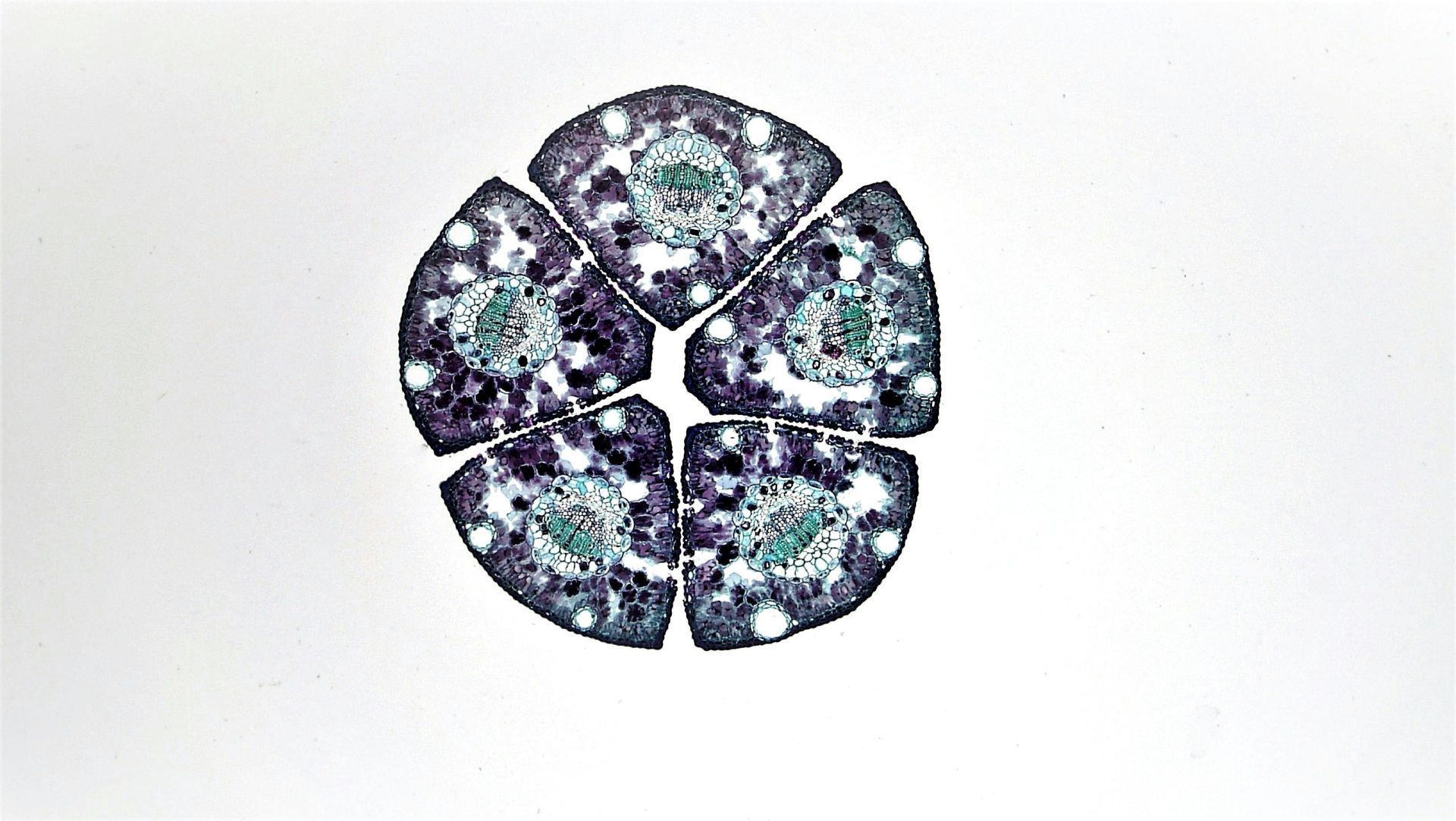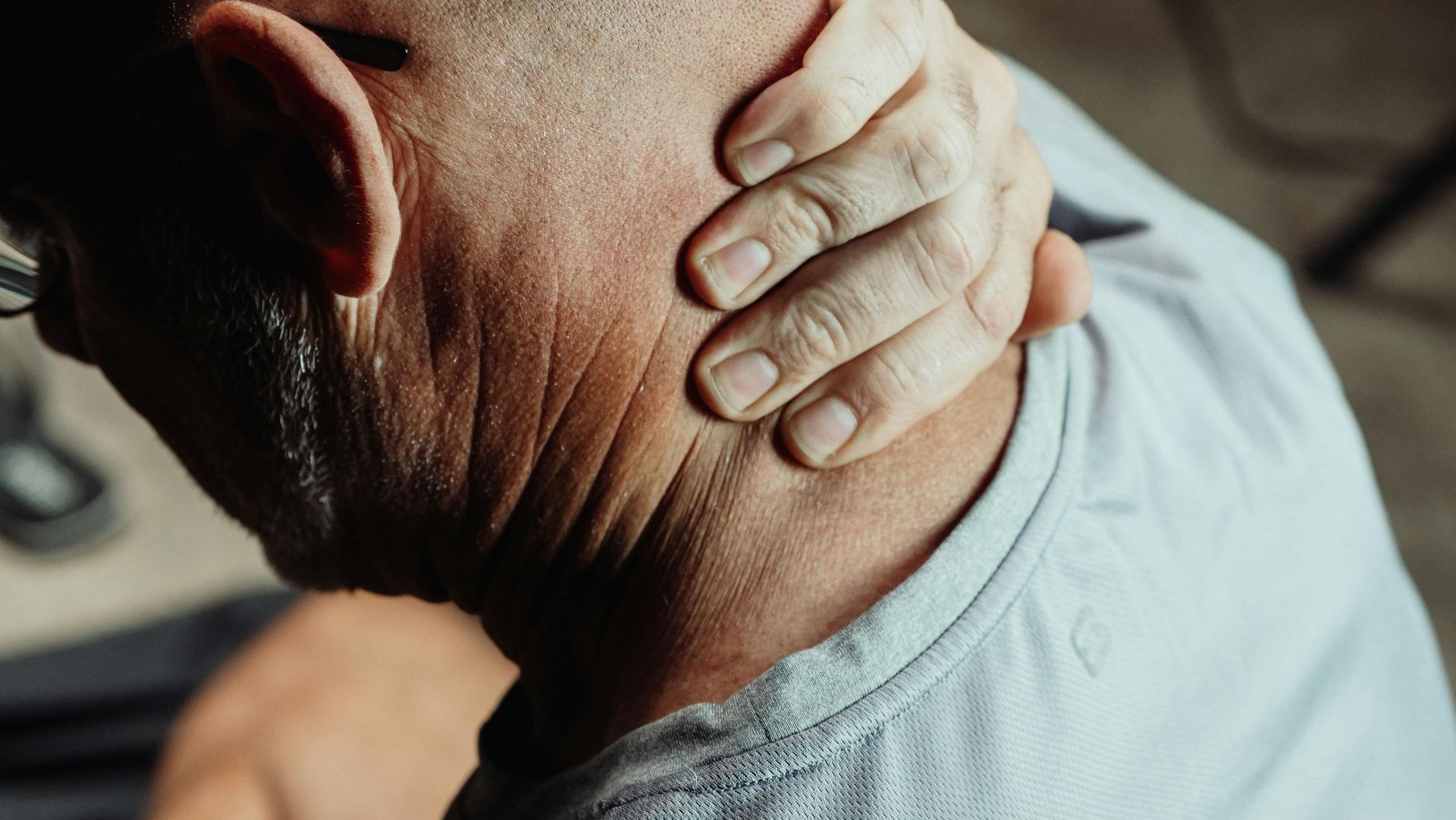Se Habla Español

Breaking Free From Osteoarthritis: The Promise of Regenerative Medicine
Osteoarthritis, a degenerative joint disease, affects millions of individuals worldwide, causing pain, stiffness, and a decline in joint function.
Traditional treatments often focus on managing symptoms rather than addressing the underlying cause, leaving patients searching for more effective and sustainable solutions.
In recent years, regenerative medicine has emerged as a promising avenue for breaking free from the constraints of osteoarthritis, offering hope for those seeking alternatives to conventional therapies.
Understanding Osteoarthritis
Osteoarthritis is characterized by the gradual breakdown of cartilage, the protective tissue covering the ends of bones in a joint. As cartilage deteriorates, bones begin to rub against each other, causing pain, swelling, and reduced mobility.
While aging is a primary risk factor for osteoarthritis, factors such as joint injuries, obesity, and genetics can also contribute to its development.
Traditional Treatment Challenges
Conventional treatments for osteoarthritis often include pain medications, anti-inflammatory drugs, physical therapy, and in severe cases, joint replacement surgery.
While these approaches can provide symptomatic relief, they may fall short in addressing the fundamental issue—the degeneration of cartilage and the lack of effective regenerative processes.
The Promise of Regenerative Medicine
Regenerative medicine stands out as a revolutionary approach that seeks to address the root cause of osteoarthritis by promoting tissue regeneration and repair. Several key regenerative therapies show promise in the treatment of osteoarthritis:
- Cell Therapy: Cells have the unique ability to transform into various cell types, including cartilage cells. In cell therapy for osteoarthritis, mesenchymal cells are injected into the affected joint. These cells can stimulate the regeneration of damaged cartilage, providing a potential long-term solution.
- Platelet-Rich Plasma (PRP) Therapy: PRP is derived from the patient’s own blood and contains a concentrated mix of platelets, growth factors, and cytokines. When injected into the joint, PRP accelerates the healing process, reduces inflammation, and promotes the growth of new, healthier cartilage.
- Exosome Therapy: Exosomes are small vesicles released by cells, containing proteins, growth factors, and genetic material. Exosome therapy utilizes these potent components to modulate inflammation, promote tissue repair, and enhance overall healing in osteoarthritic joints.
Clinical Success Stories
As regenerative medicine advances, there is a growing body of evidence supporting its effectiveness in treating osteoarthritis. Patients who have undergone regenerative therapies often report significant improvements in pain reduction, increased joint function, and a better quality of life.
These therapies not only address symptoms but also target the underlying mechanisms contributing to cartilage degeneration.
The Personalized Approach
One of the strengths of regenerative medicine lies in its personalized approach to patient care. Treatment plans are tailored to the specific needs and characteristics of each individual, ensuring that interventions align with the unique aspects of their osteoarthritis condition.
This personalized approach enhances the likelihood of success and fosters a more comprehensive and patient-centric healing process.
Looking Towards the Future
As research in regenerative medicine continues to advance, the future looks promising for individuals grappling with osteoarthritis. The focus on harnessing the body’s natural healing capabilities provides a beacon of hope for those seeking long-term relief and improved joint function.
With ongoing studies and clinical trials, regenerative medicine is poised to play an increasingly significant role in reshaping the landscape of osteoarthritis treatment, offering new possibilities for breaking free from the limitations of this debilitating condition.
Regenerative medicine offers a transformative and hopeful path for individuals burdened by osteoarthritis. By addressing the root cause of cartilage degeneration and promoting tissue regeneration, these innovative therapies provide an alternative to traditional treatments, empowering patients to break free from the constraints of osteoarthritis and reclaim a more active and pain-free life.
If you or a loved one have osteoarthritis in Houston or any nearby city in Texas, call Campbell Health Center today at 832-243-7713 to schedule a consultation.
May we invite you to join us for a
Complimentary Consultation?
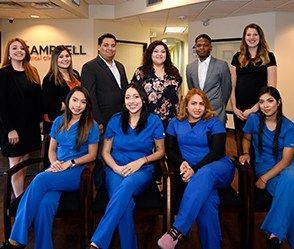
"Here at Campbell Health Center, we are dedicated to helping you get out of pain and get back to feeling great again.
Call us and tell us about your health issues and set up a consultation to discuss the treatment that will best get you back to optimum health.
We promise to sit down with you, face to face, and be attentive, present, focused and actually listen."
Campbell Health Center
Call us now at
(832) 243-7713
Advanced Pain
Management Articles
How Can We Help You?
This fast-growing treatment uses cellular tissue, growth factors, and PRP to heal and restore your body to a healthy level.
Campbell Health Center can help treat peripheral neuropathy, and help relieve the pain and discomfort associated with it.
We treat our patients with the most effective healing options available to ensure you can return to a pain-free life.
Stem Cell Therapy is an advanced regenerative medicine to provide safe and effective relief for a variety of health conditions.
Chiropractic care focused on restoring movement and correct positioning to the joints of the body.
Pain relief treatments are designed to help your body heal itself very effectively instead of masking the pain.
How Do Our Patients Feel About Us?
"Excellent Clinic! The staff were very helpful and polite from my initial phone call to every appointment day. All the doctors are friendly and knowledgeable. They took the time to explain my condition and my treatment options. Glad to find this clinic who can finally end my back pain!"
Susan B.
"Dr. An is great and so is her staff. I saw her about 24 hours after an ankle injury - she recommended PRP injections. Now it's 3 days after the PRP treatment and I'm back to teaching and practicing yoga. I highly recommend Campbell Health Center."
Hope W.


